Day Stays in Rhotia
Earlier this week the SFS Tanzania students had the opportunity to spend a day with families living in Rhotia, the village where Moyo Hill Camp is located. The homestay is always a meaningful learning experience for both the students and the homestay families. The families are always so excited to spend the day with American students because it gives them the chance to share their culture and lifestyle with people from across the world. For the students, the homestay is a chance to experience what day-to-day life is actually like for people in Rhotia. The homestay often pushes students out of their comfort zone and it is often the first time students really feel like they are part of the community and not just visitors. Students get to practice their Swahili, learn about Tanzanian culture first-hand, and make friends in the community.
The students go to their families in pairs and stay with their new family from morning until evening, spending the day doing whatever their family is doing that day. Usually this includes helping the families with housework, helping out on the farm, cooking breakfast and lunch, playing with kids, eating a lot of ugali (a stiff cornmeal porridge that is the staple food of Tanzania), and drinking countless cups of very sugary, milky tea. When the students are dropped off at their homestay in the morning they are anxious and nervous, but excited for what the day has in store for them. When they walk in the gate in the evening they have smiles on their faces and most of them are already talking about when they will have another chance to go back and visit their families.
After the homestay I led a group debrief and discussion where students had the opportunity to share whatever thoughts and emotions were triggered by their homestay experience. At the debrief it was clear that the homestay was a transformative experience for many students. Many students observed many cultural differences that they admired and wanted to incorporate back into their lives at home, such as less resource use, having fewer possessions, interacting and sharing more with their neighbors, children having more freedom and responsibilities, and the tendency to take time to relax during the day. However there were also some cultural differences that frustrated some students, such as the harsh treatment of pets and livestock and the strict divisions of labor of men and women.
Students were specifically encouraged to notice differences in natural resource use between their homestay families and their families at home. Many students were blown away by how conservative their homestay families were with resources such as water, cooking fuel, food waste, and electricity. As many families in Rhotia don’t have running water and going to collect water can be a time-consuming and tiring task, water use in many homes in Rhotia is very low. One student mentioned that their homestay family hand-washed their clothes in a small amount of water and then dumped the soapy water onto a pile of dirt that they then immediately stirred into mud to use to repair the walls of their mud home. Another student noticed the same small amount of water being used for multiple uses – first it was used to wash vegetables, then to rinse dishes, and then as the soapy water to wash dishes.
The students are encouraged to stay in touch with their homestay families and continue visiting them throughout the semester. Some students even stay in touch with their families long after they leave Tanzania and form lasting friendships.
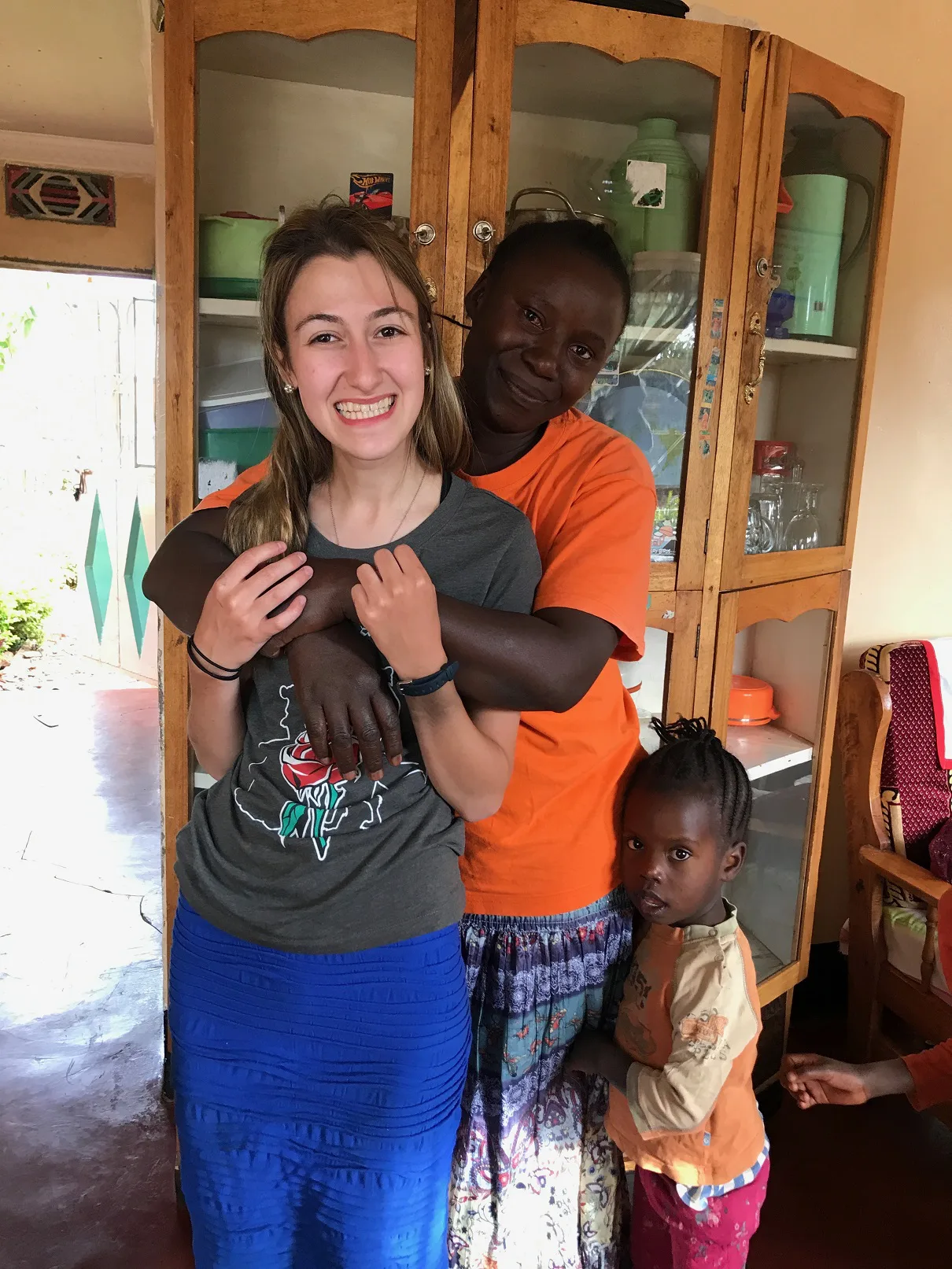
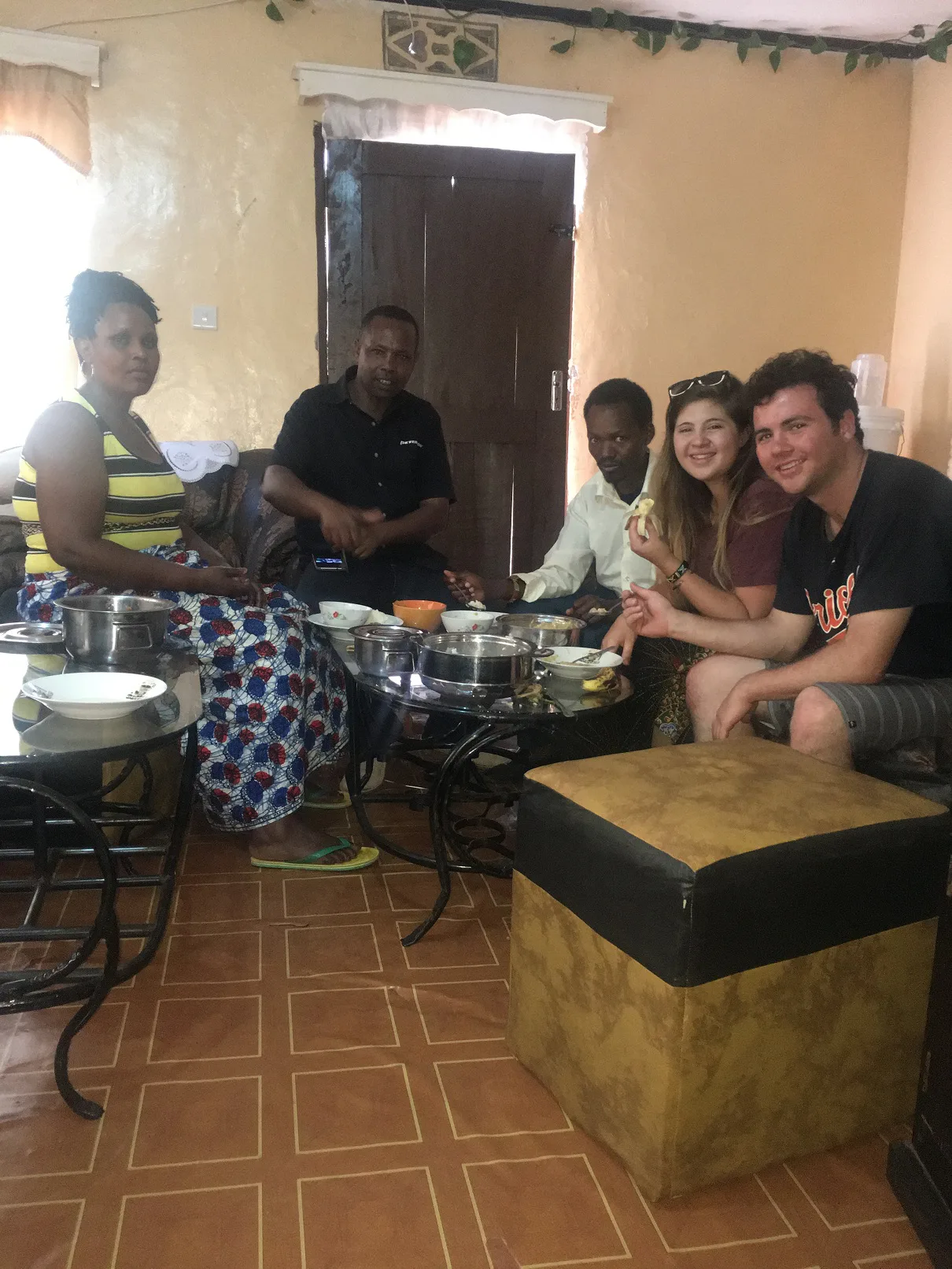
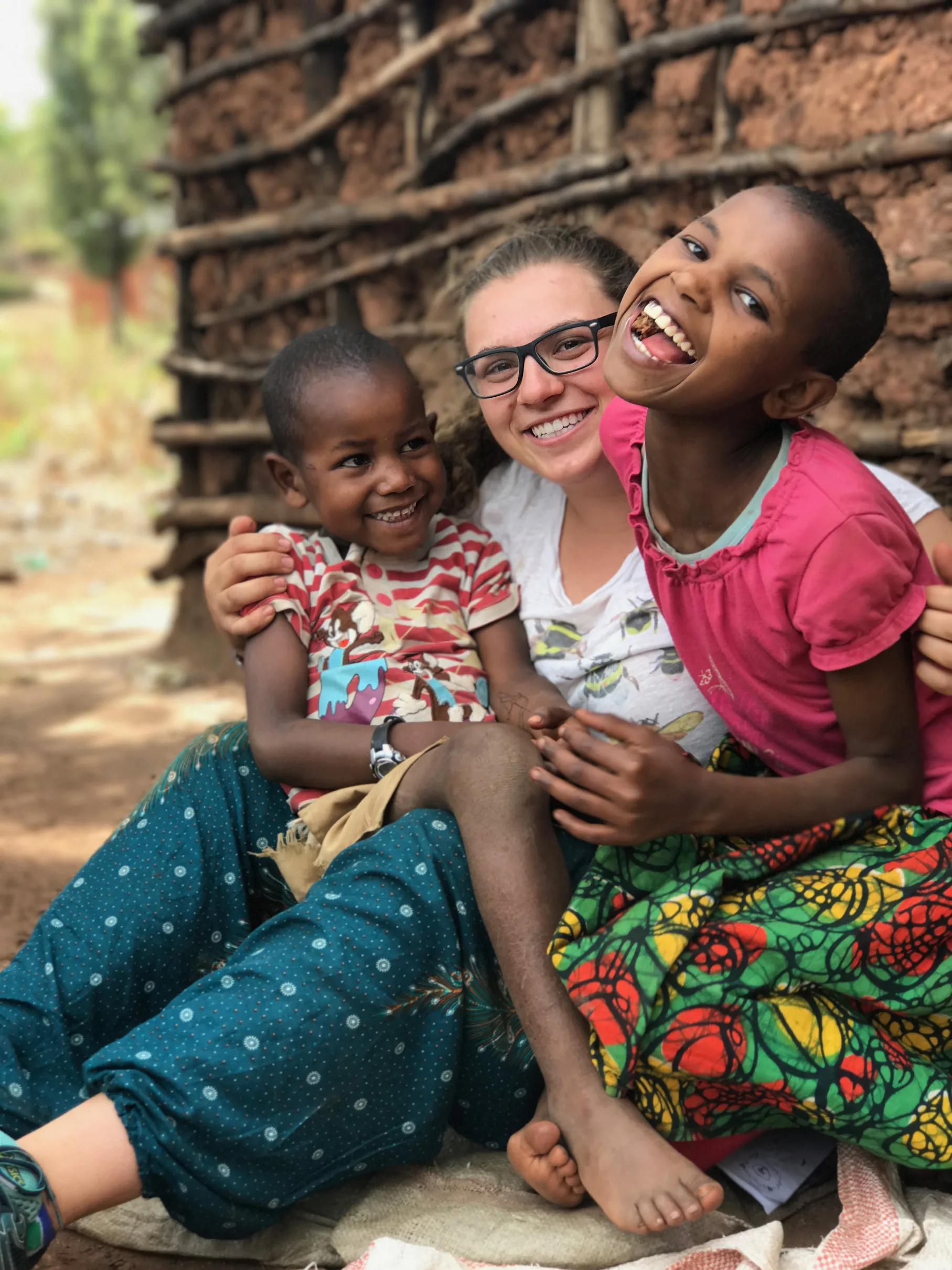
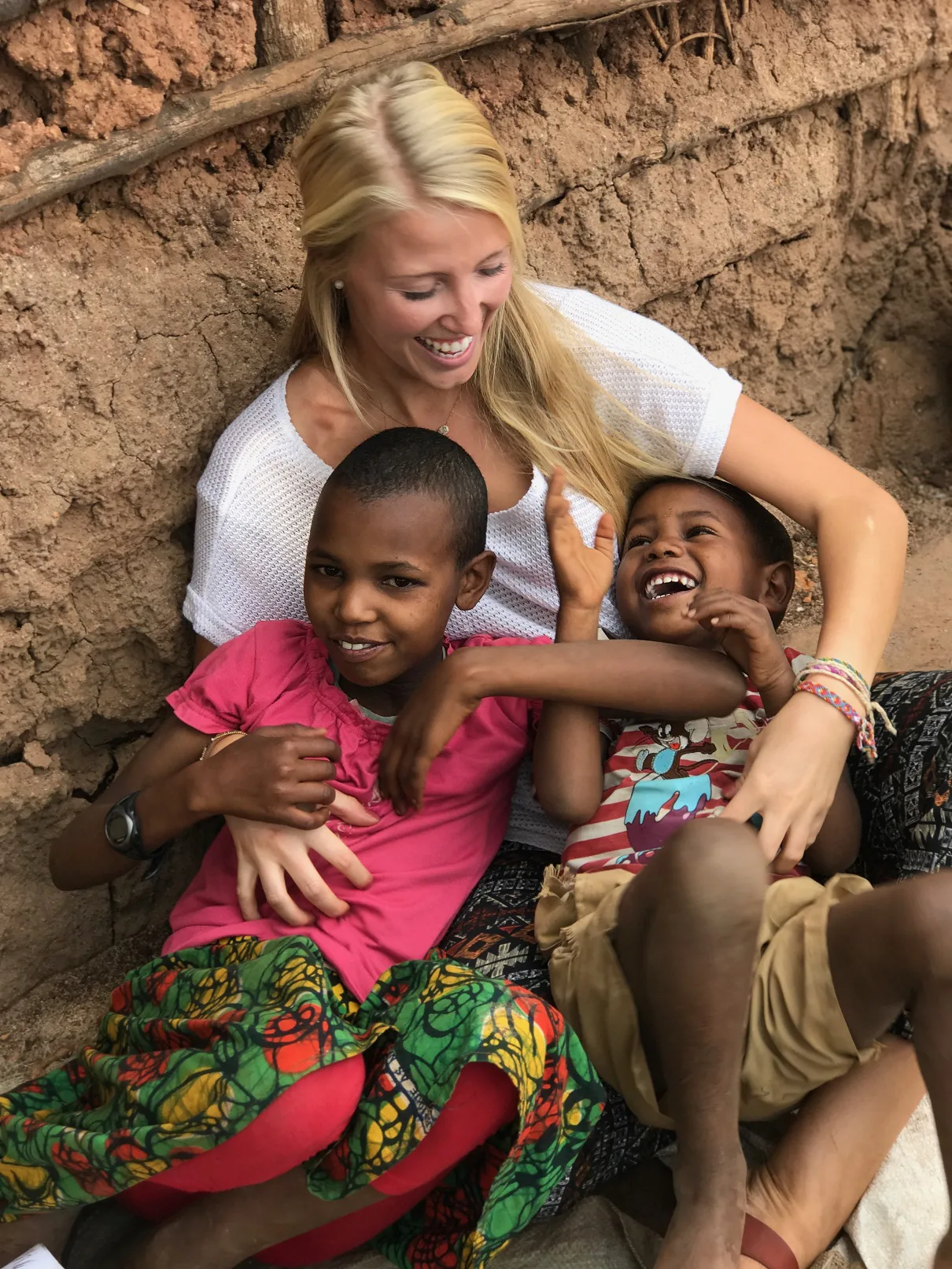
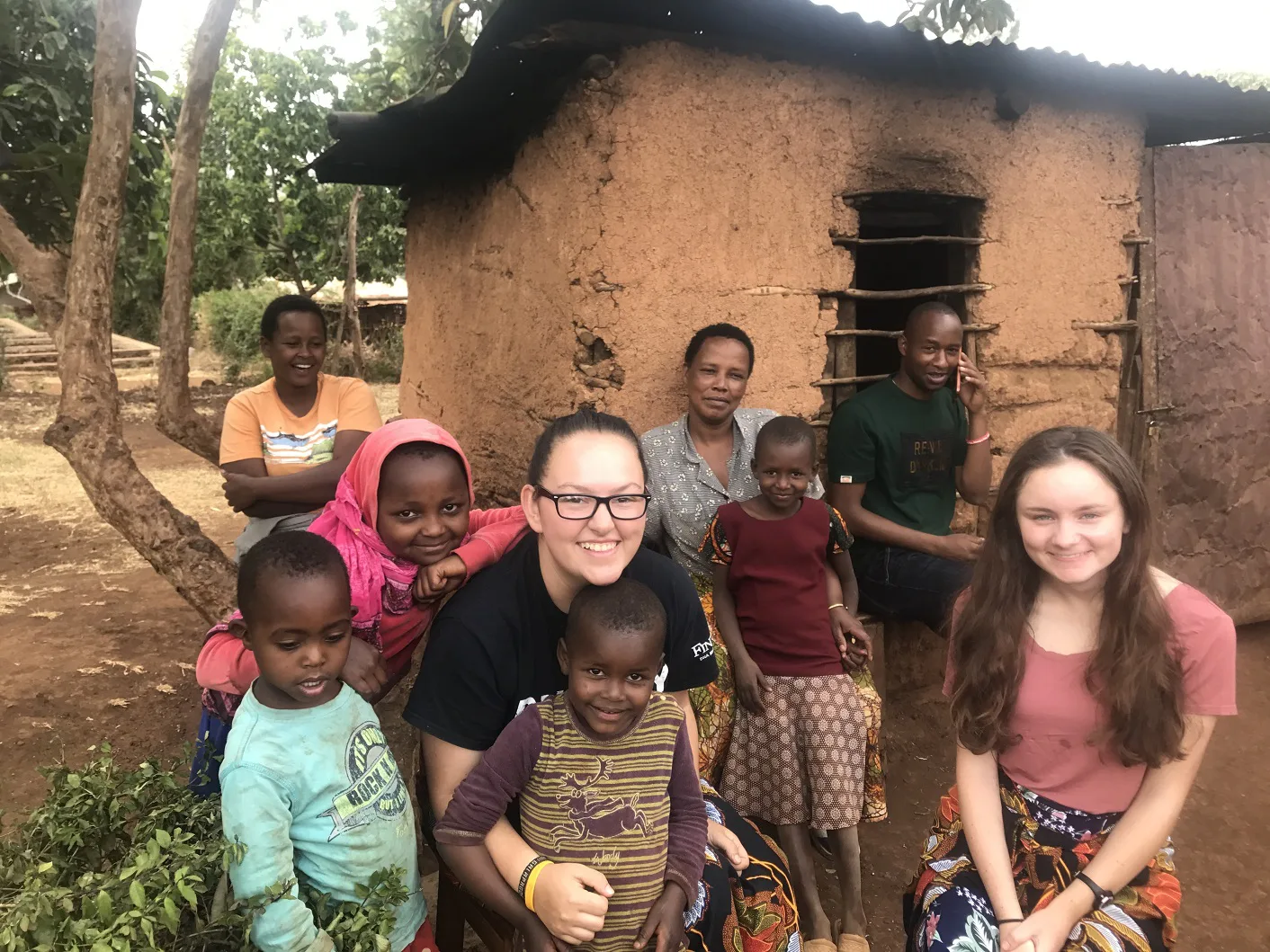
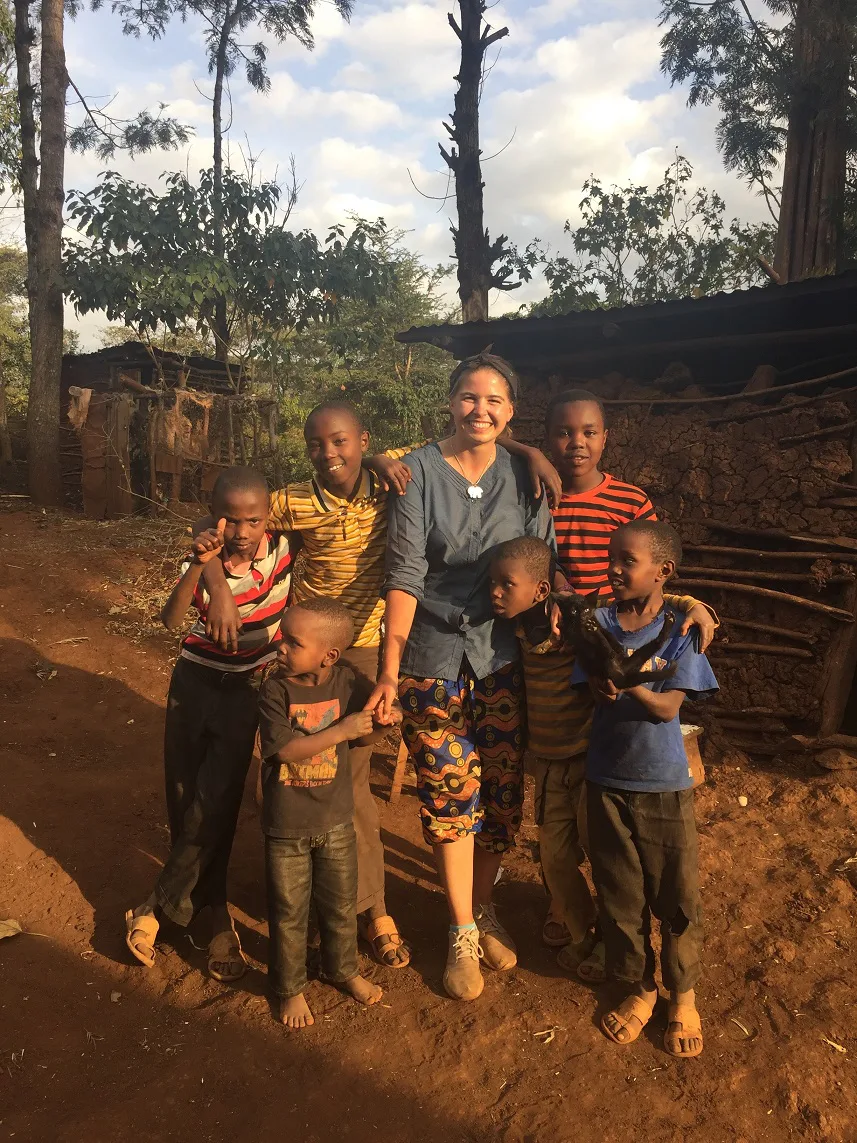
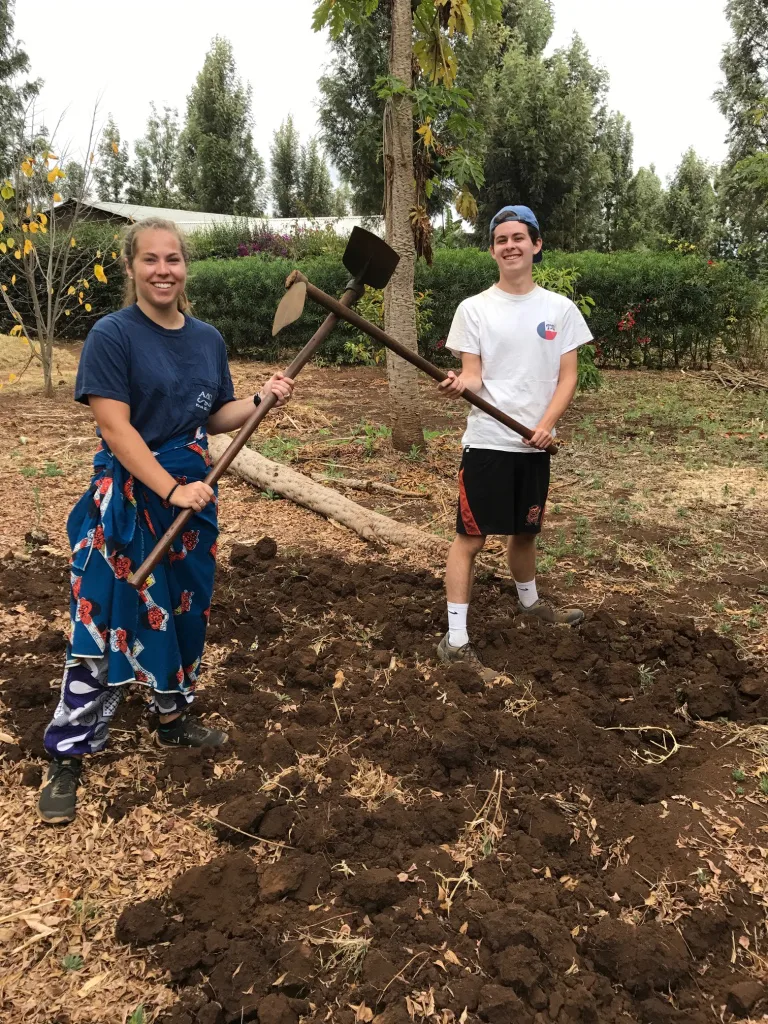
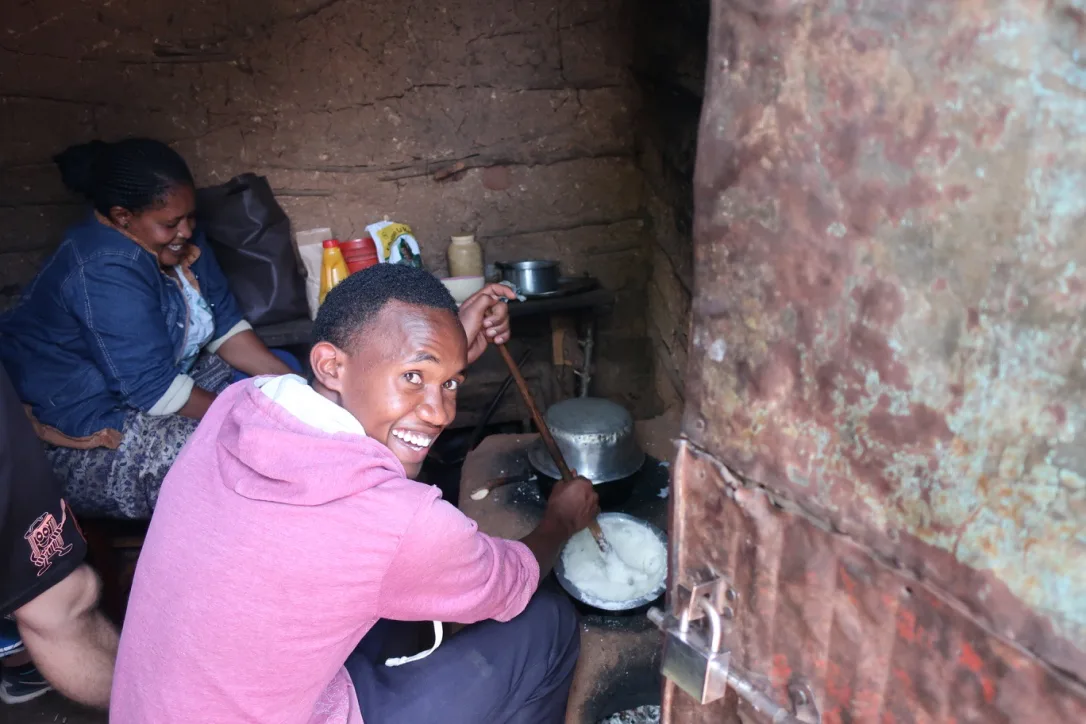
Related Posts

Restoration on a Cinder Cone: A Syntropic Story

